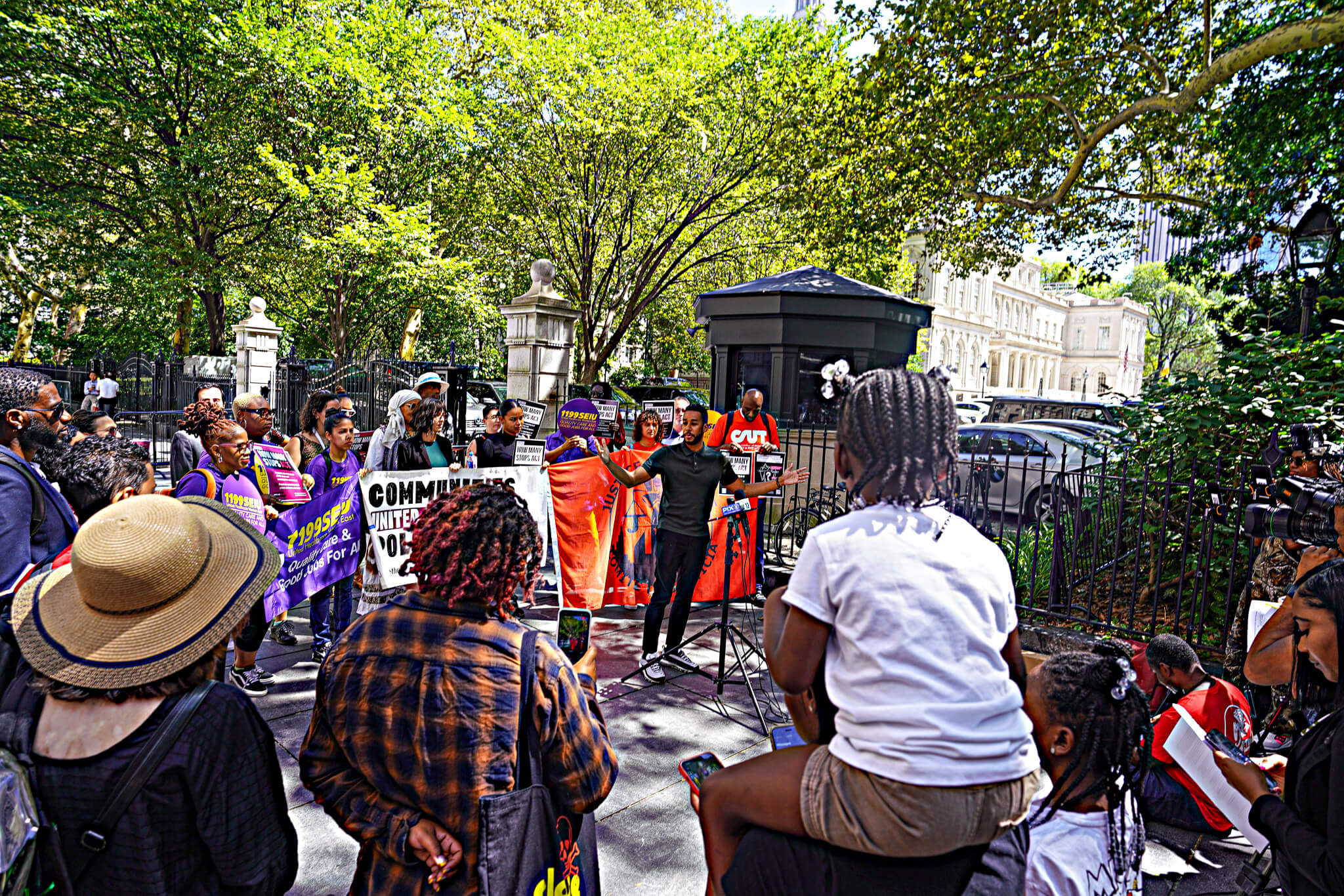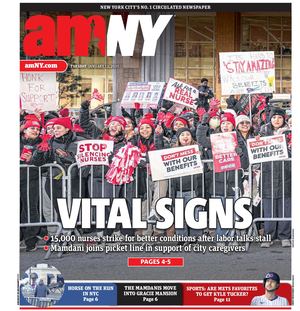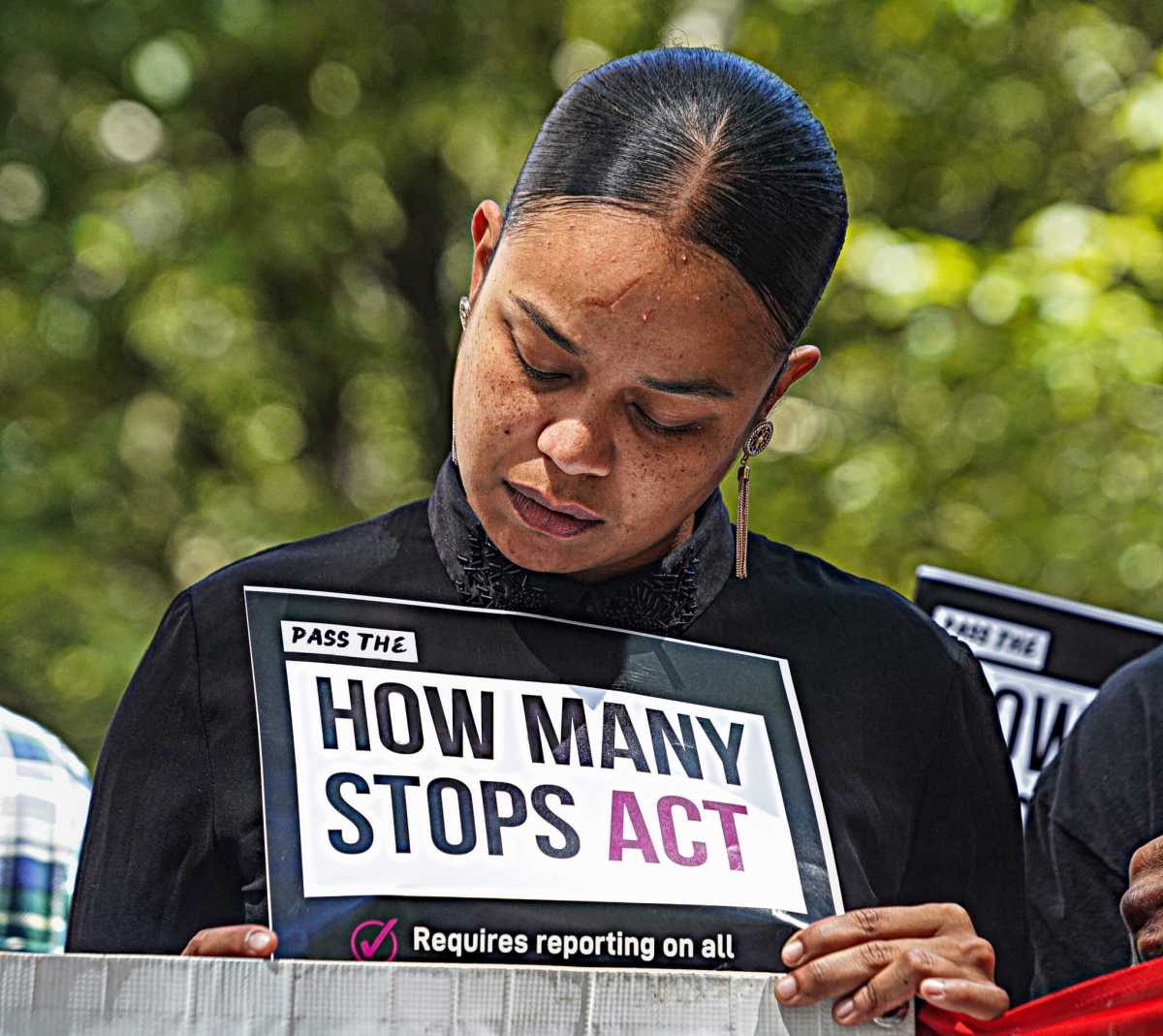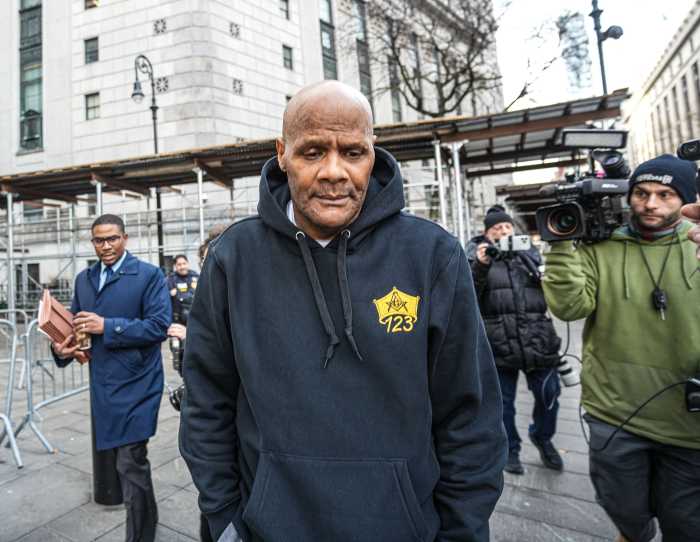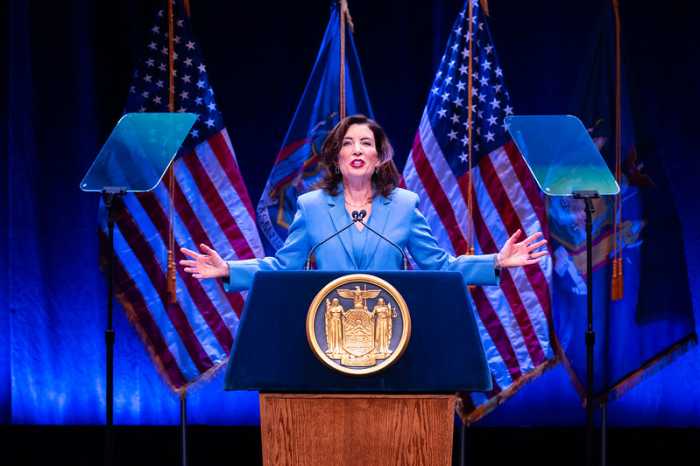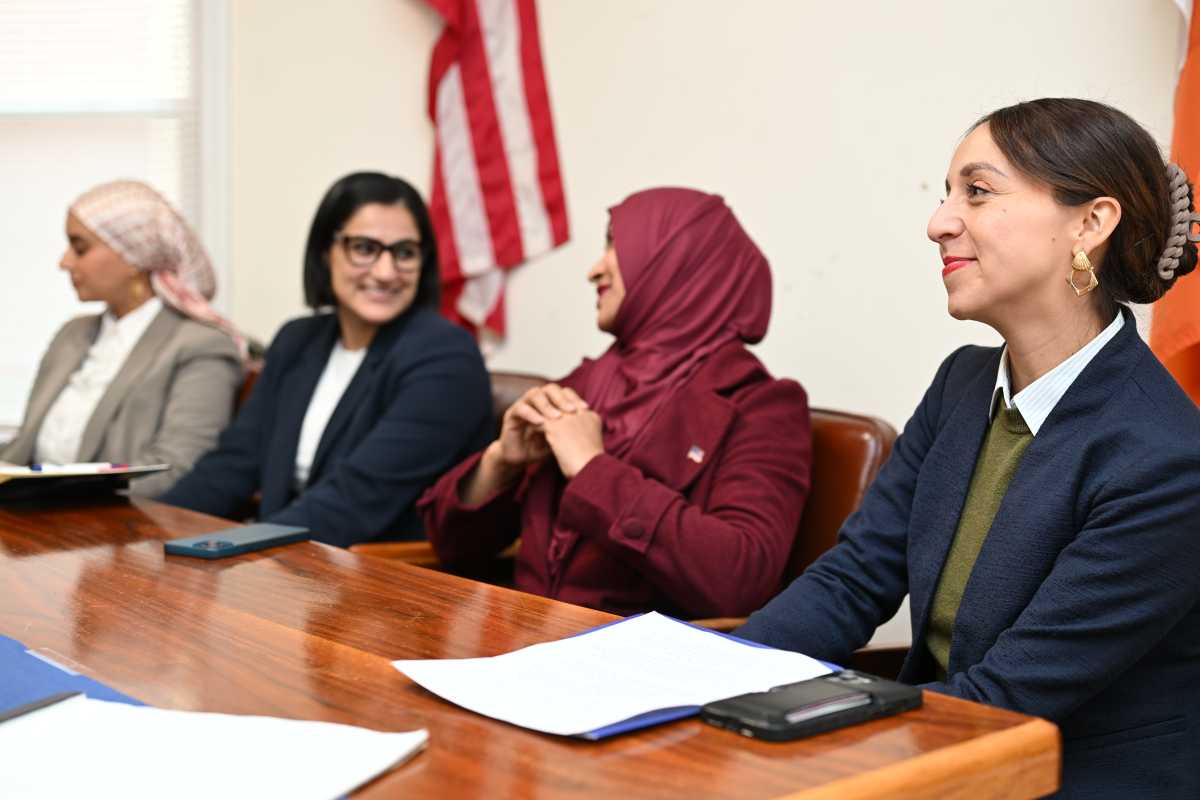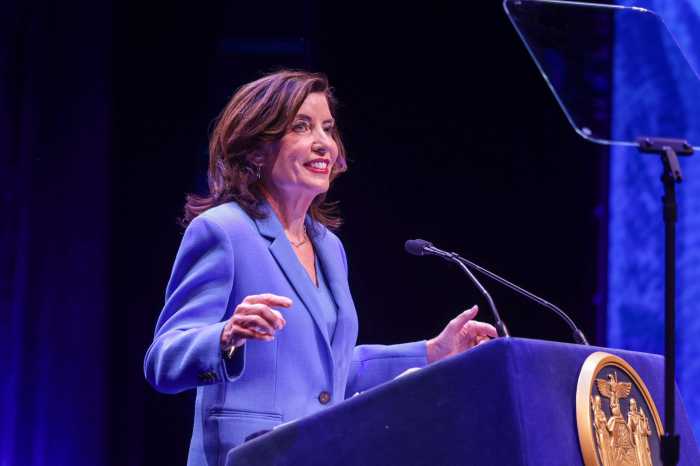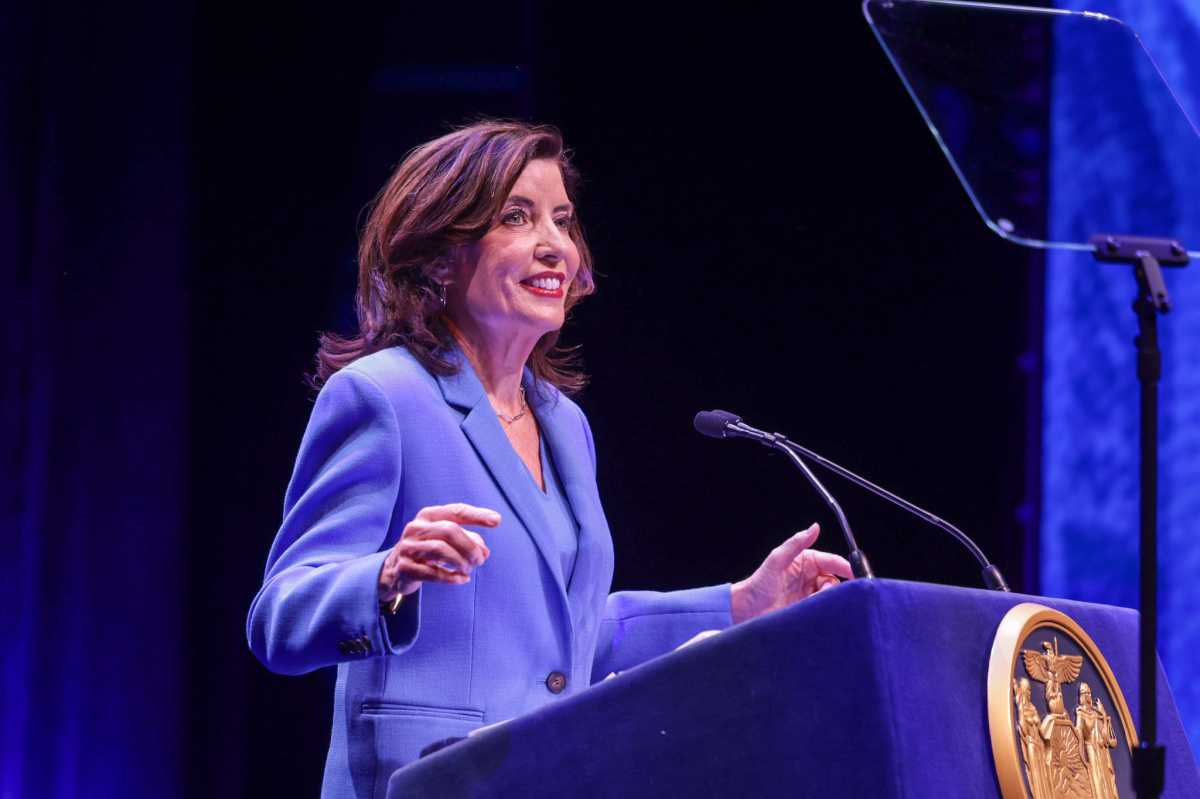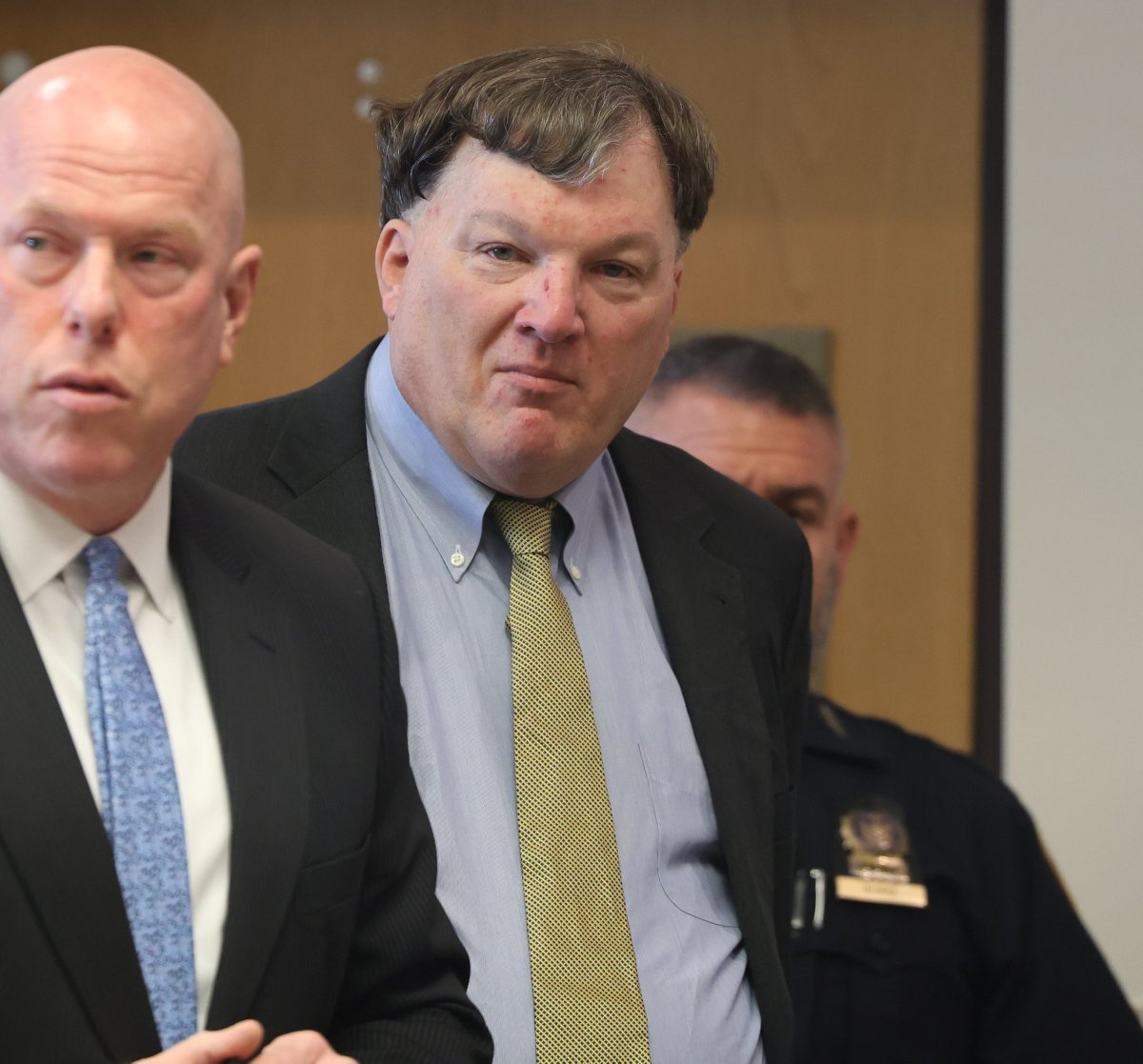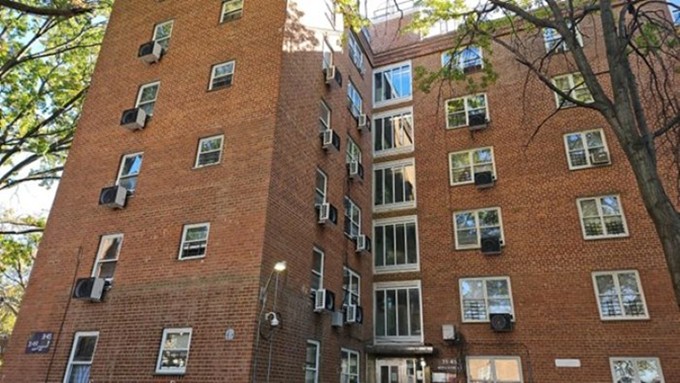The shadow of stop and frisk loomed large outside of City Hall on Wednesday as politicians and civil rights groups assembled to demand the City Council pass a new bill that would require cops to document who they have stopped and why.
Supporters of legislation dubbed the How Many Stops Act are seeking to have the NYPD extensively document their encounters with the public. The bill would require police to produce a “comprehensive accounting” of all street stops, consensual searches, questionings, and the purpose of DNA searches. For many the how, why, and where police have these interactions with the public is an imperative step on rebuilding trust between cops and civilians.
Police would also be required to take down the demographic information of the individuals they stop during regular encounters.
“When it comes to transparency and accountability law enforcement has never worked well with others, period. They just don’t. So, anything that you hear now, is not new. We heard it before. We hear it again when it comes to transparency and accountability and law enforcement that conversation always has to be forced,” Public Advocate Jumaane Williams said. “We have to do lawsuits and we have to pass bills.”
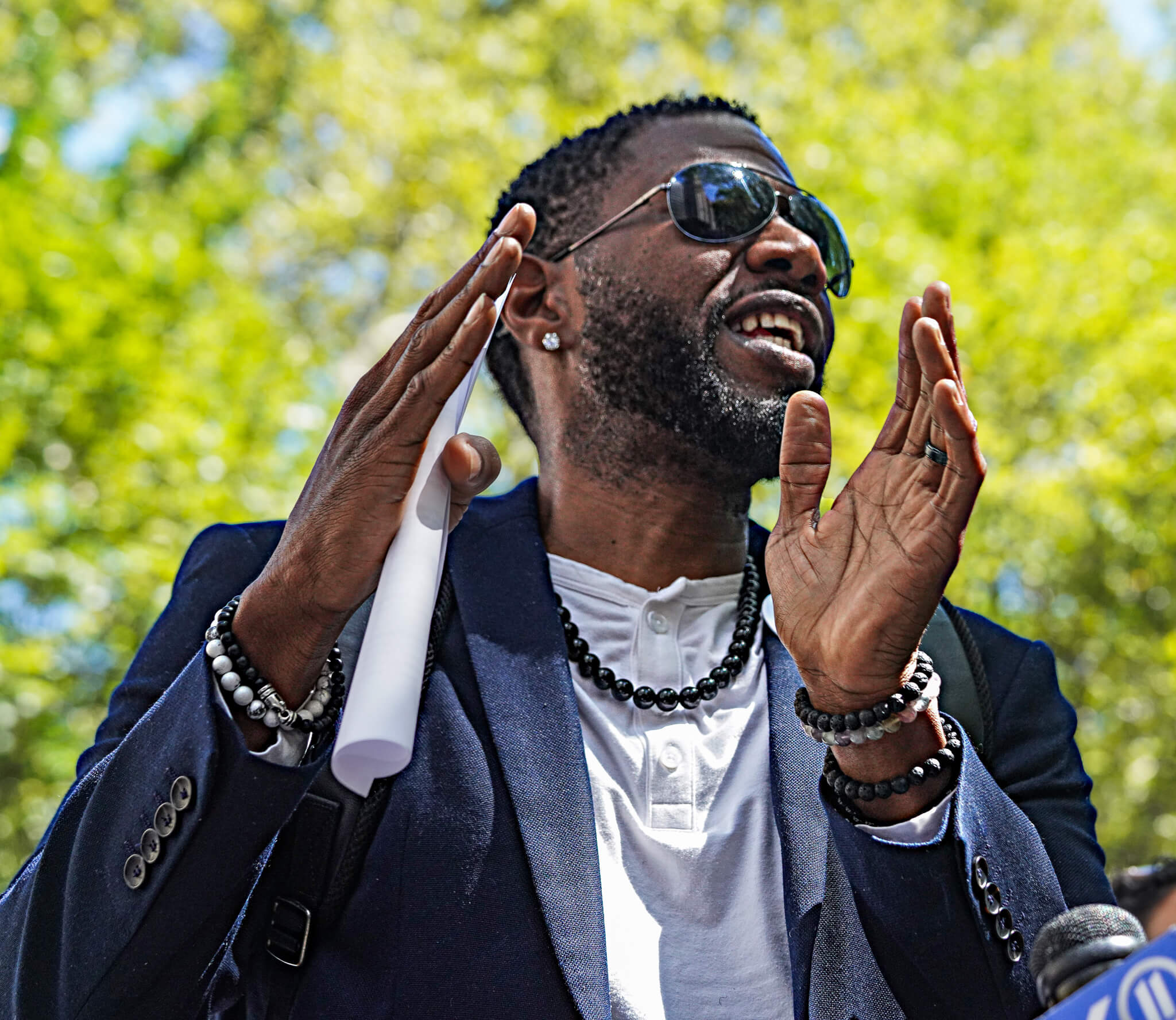
Calling it “common sense” legislation, speakers charged that the How Many Stops Act will bring about critical transparency between the public and law enforcement and protect New Yorkers from what they cited as “stop and frisk abuses.”
The Police Benevolent Association railed against the bill. The police union charged that the bill is less about police accountability and more about the obstruction of cops from being able to effectively do their jobs and enforce the law, while also being burdensome and tedious to the department.
“These activists and their supporters in the City Council don’t really want more reporting on police encounters. They want to deter the effective, proactive policing strategies that the current NYPD leadership has championed,” said PBA President Patrick Hendry.
“The Mayor and NYPD need to do everything they can to oppose this legislation and roll back of other laws and policies that have made policing in New York City untenable. If they don’t, they need to stop pushing cops for stepped-up enforcement. Our city cannot keep asking police officers to get illegal guns and dangerous criminals off the street, then punishing us for doing exactly that,” Hendry added.
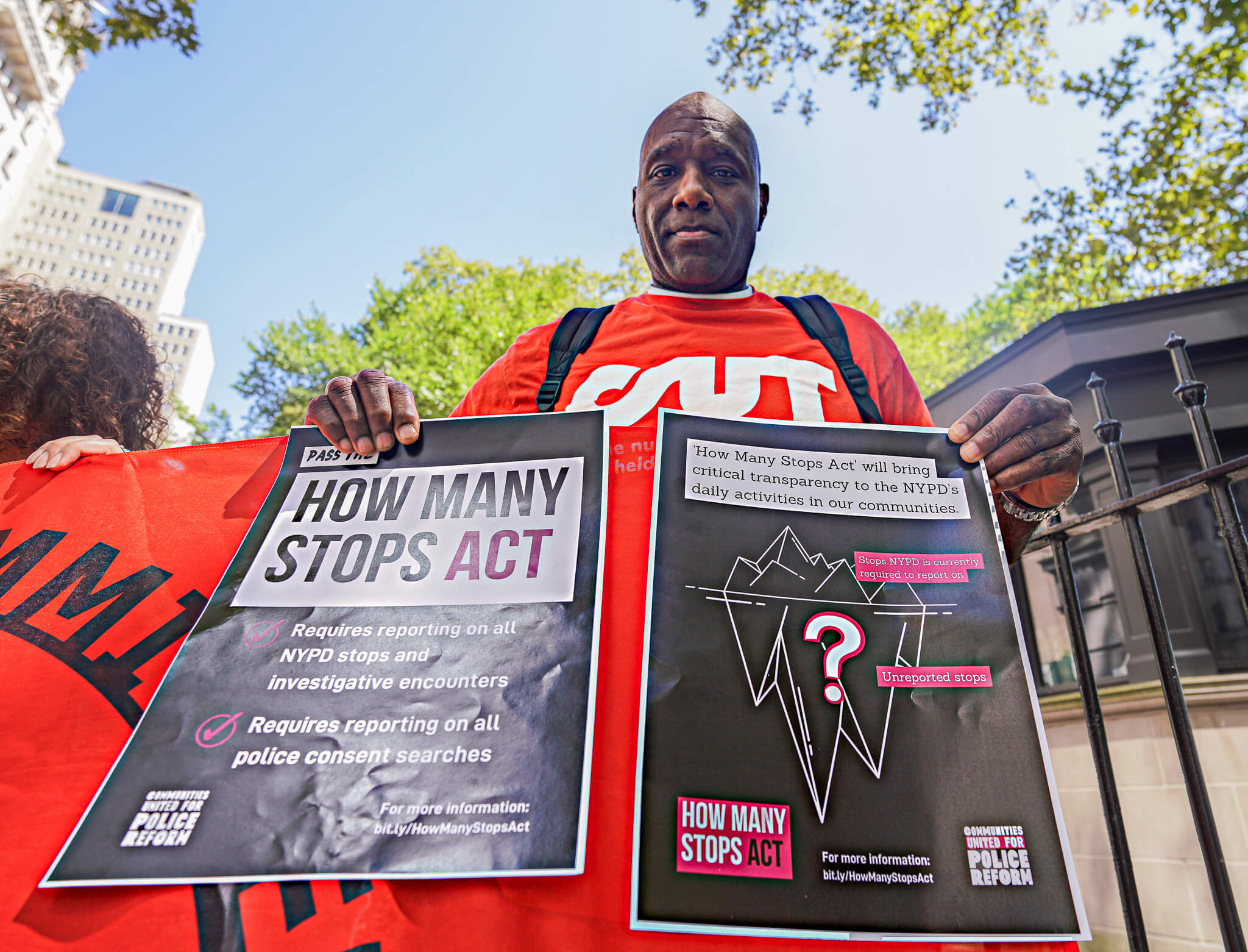
Samah Sisay, staff attorney at the Center for Constitutional Rights, accused the department’s Neighborhood Safety Teams—a uniformed unit deployed in high-risk areas to combat gun violence—of continuing to perform unconstitutional searches of primarily Black and Brown individuals. She claimed the unit was racial profiling.
“The Neighborhood Safety Team numbers are worse than the rest of the department, and these are supposed to be officers who are specially trained, who are especially supervised, and their numbers are really, really terrible. In fact, 97% of all individuals who were stopped by the Neighborhood Safety Team were Black or Latinx,” Sisay said.
An NYPD spokesperson clarified the different levels of encounters an individual may have with officers, adding that the department has responded to over seven million 911 calls that were a Level 1 interaction.
“The “How Many Stops Act” would require the Department to report all investigative encounters conducted by the NYPD. Level 1 encounters are the most basic interactions between officers and members of the public, the objective of which is to gather information. Examples include speaking to witnesses when responding to a 911 call, canvassing for video after a crime, assisting sick passengers on the subway, or asking persons whether they have seen a missing child. Level 1 and level 2 encounters are not actually stops, as individuals are free to walk away from officers and can refuse to answer questions,” the NYPD spokesperson said.
“The NYPD responded to more than seven million 911 calls in 2022, many of which would involve at least one Level 1 encounter. Reporting on these encounters would require officers to take time away from responding to other calls or conditions to fill out detailed reports for every interaction with a member of the public,” the DCPI spokesperson added.
